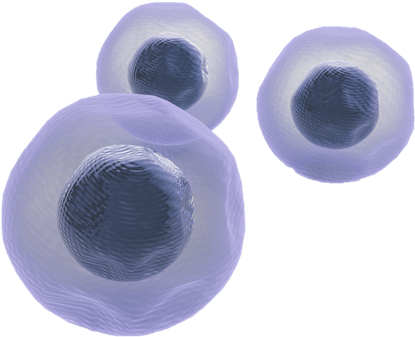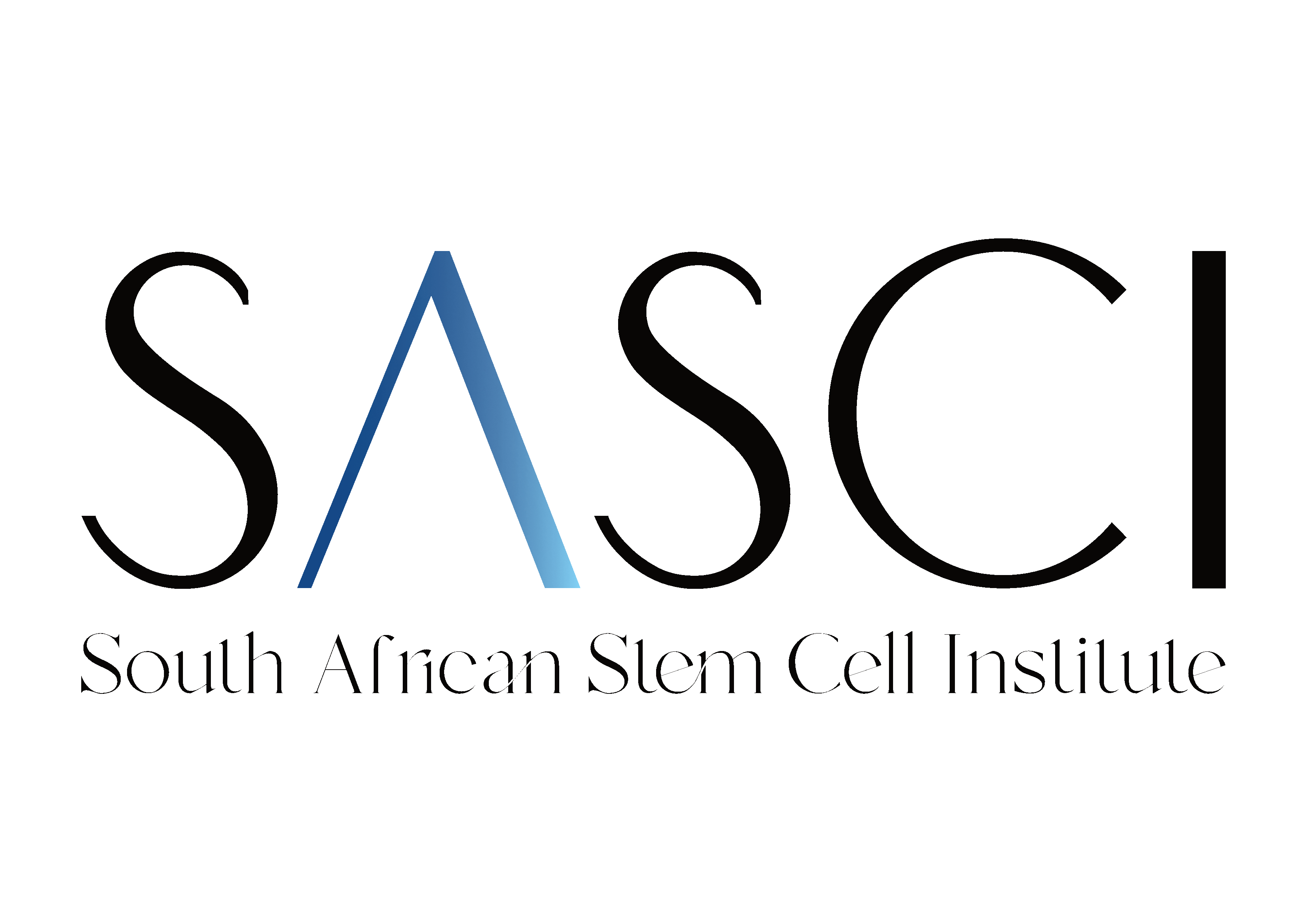STEM CELL THERAPHY
Adult stem cell therapy has been around for decades where it has been used predominantly in the treatment of patients with conditions such as Leukemia and Lymphatic cancers, through bone marrow transplants. By utilizing the profound regenerative properties of both stem cells and PRP, research remains promising regarding present and future applications of cell therapy.
Currently, stem cell research has been conducted in various medical fields including:
- Reconstructive surgery and aesthetics
- CNS conditions such as Alzheimer’s and Parkinson’s Disease
- Visual impairment due to tissue degeneration such as macular degeneration
- Blood Disorders
- Brain Tumours and Cancer
- Orthopaedic complications such as cartilage damage, fractures, sprains, strains and muscle tears
- Diabetes
- Hearing impairment
- Heart disease & damage
- Infertility
- Pulmonary complications
- Multiple Sclerosis
- Muscular Dystrophy
- Spinal Cord Injury

Mesenchymal Stem/Stromal Cells (MSCs) have been identified in a variety of tissue especially adipose tissue as well as bone marrow aspirates. In standard clinical practice, these cells are harvested through a simple, minimally invasive procedure known as lipo-aspiration (fat tissue) or bone marrow aspiration, with minimal risk to the patient. Once harvested, the stem cells are isolated from the collected tissue and processed for treatment. The cells are then readministered on the same day in an autologous manner (patient treated with own cells).
The type of tissue harvested, the site of re-administration, and the techniques used by your clinician play an important part in the regeneration of tissue and can affect the treatment outcome. These factors are usually assessed and determined by the treating physician following a lengthy consultation and familiarization with the patient’s medical history. Once re-administered, the stem cells possess all the necessary characteristics and building blocks to initiate the innate healing response.
The MSCs are drawn to sites of inflammation and mediate tissue repair in five key steps namely:
- Homes to damaged tissues and recruits other cells that are necessary for tissue growth
- Provides an anti-inflammatory effect
- Supports tissue remodelling over scar formation
- Inhibits apoptosis (cell death)
- Differentiates into the required tissue
Although stem cell research offers exciting prospects, science is yet to advance beyond what is deemed as acceptable medical practice. Clinicians that do offer stem cell therapy to their patients have the responsibility of maintaining transparency and managing realistic outcome expectations. It is important to know that stem cells are not a “silver bullet” and might not be the correct treatment modality in certain cases. Make sure that you have done your research and asked all the relevant questions. We are happy to assist in navigating this topic should you be considering stem cell therapy.
Ethical Considerations
Because, in a clinical setting, the stem cells are usually isolated from the patient’s own tissue, no ethical or moral issues exist around the use of these cells. Ethics has always been part of medicine and research and we recognize the importance thereof. Ethical discussions greatly impact and direct the rules and regulations that impact the work of researchers and clinicians. A misconception about stem cell research is that scientists isolate stem cells whenever they like, create stem cell lines and use these cells in tests as they wish. Ethics in research is largely governed by special committees which ensure and maintain appropriate, safe and efficient research.
